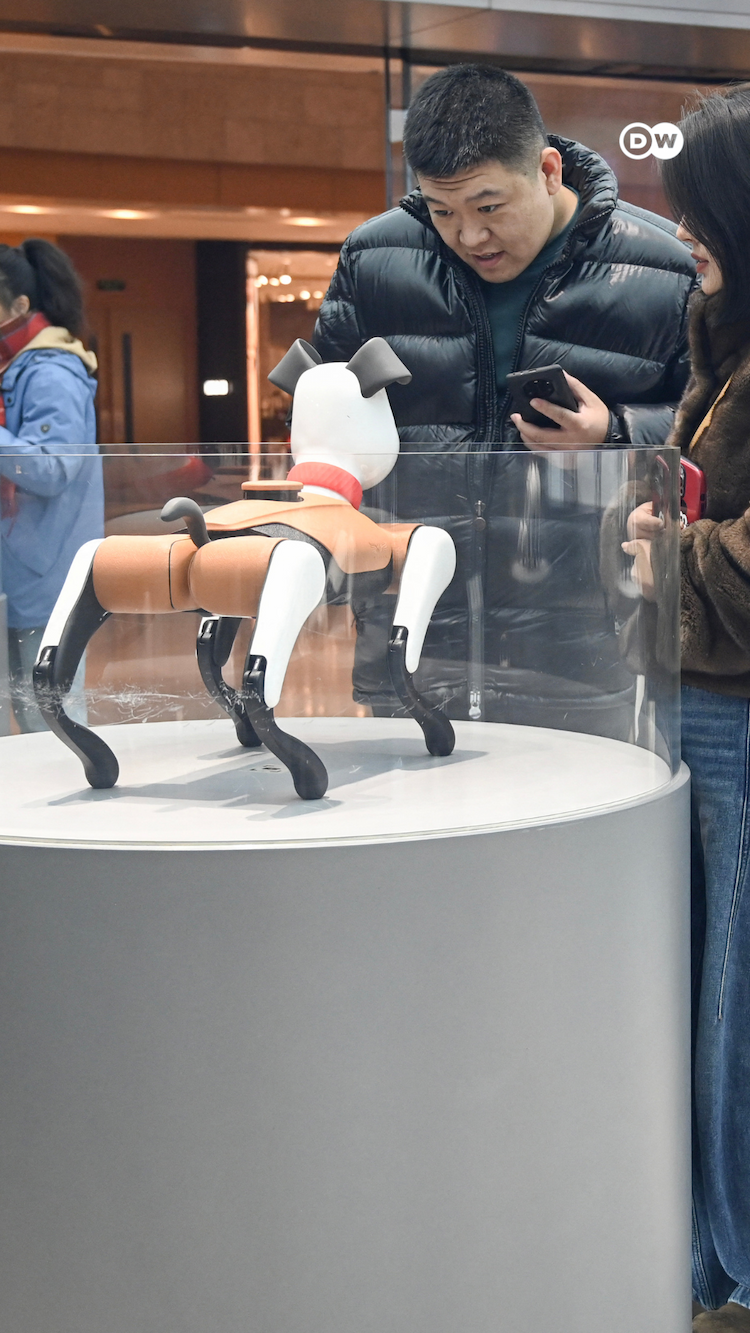Your “thank you” to ChatGPT just cost OpenAI millions of dollars
If you’ve ever thanked ChatGPT for a good answer, congratulations — you might’ve helped rack up tens of millions of dollars in electricity bills. Yep, according to OpenAI CEO Sam Altman, being polite to your AI assistant comes with a literal cost.
It all started when a user on X (formerly Twitter) joked, “I wonder how much money OpenAI has lost in electricity costs from people saying ‘please’ and ‘thank you’ to their models.” Altman didn’t miss a beat. His response? “Tens of millions of dollars well spent — you never know.”
So, should we stop being polite?
AI etiquette is officially a thing
Altman’s tongue-in-cheek reply has sparked a wider debate: does being nice to AI even matter?
According to experts — it might. Turns out, well-structured and polite prompts often lead to better, more nuanced answers. Some studies even suggest polite phrasing could help reduce response bias. So your manners might be boosting your AI experience.
That said, it’s unlikely the words “thank you” themselves are the sole culprits behind the energy drain. It’s probably when they’re sent as separate messages or framed as standalone prompts — meaning more computation, more energy, and more dollar signs on OpenAI’s electric bill.
Are we wasting energy on niceness?
This whole thing also opens a bigger, slightly existential can of worms: Is it ethical to burn energy just to be polite to a machine?
AI tools like ChatGPT already require serious computing power, and energy costs are no joke. As these models get bigger and smarter, their environmental footprint will keep growing. So, while politeness might help with responses, it also contributes (in tiny ways) to the global power load. Wild, right?
So, should you stop saying “please” and “thank you”?
Not necessarily. Politeness won’t kill the planet overnight, and as Altman hinted, there’s something kind of beautiful about treating machines with courtesy — especially when they’re increasingly part of our daily lives. Just maybe keep your “thank yous” in the same message as your prompt.
Or don’t. If we’re all doomed to an AI apocalypse, at least we’ll go down being polite about it.









